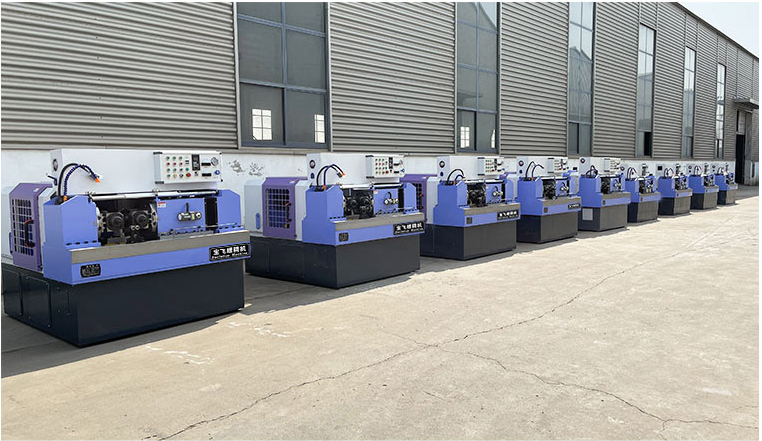
-
 Afrikaans
Afrikaans -
 Albanian
Albanian -
 Amharic
Amharic -
 Arabic
Arabic -
 Armenian
Armenian -
 Azerbaijani
Azerbaijani -
 Basque
Basque -
 Belarusian
Belarusian -
 Bengali
Bengali -
 Bosnian
Bosnian -
 Bulgarian
Bulgarian -
 Catalan
Catalan -
 Cebuano
Cebuano -
 Corsican
Corsican -
 Croatian
Croatian -
 Czech
Czech -
 Danish
Danish -
 Dutch
Dutch -
 English
English -
 Esperanto
Esperanto -
 Estonian
Estonian -
 Finnish
Finnish -
 French
French -
 Frisian
Frisian -
 Galician
Galician -
 Georgian
Georgian -
 German
German -
 Greek
Greek -
 Gujarati
Gujarati -
 Haitian Creole
Haitian Creole -
 hausa
hausa -
 hawaiian
hawaiian -
 Hebrew
Hebrew -
 Hindi
Hindi -
 Miao
Miao -
 Hungarian
Hungarian -
 Icelandic
Icelandic -
 igbo
igbo -
 Indonesian
Indonesian -
 irish
irish -
 Italian
Italian -
 Japanese
Japanese -
 Javanese
Javanese -
 Kannada
Kannada -
 kazakh
kazakh -
 Khmer
Khmer -
 Rwandese
Rwandese -
 Korean
Korean -
 Kurdish
Kurdish -
 Kyrgyz
Kyrgyz -
 Lao
Lao -
 Latin
Latin -
 Latvian
Latvian -
 Lithuanian
Lithuanian -
 Luxembourgish
Luxembourgish -
 Macedonian
Macedonian -
 Malgashi
Malgashi -
 Malay
Malay -
 Malayalam
Malayalam -
 Maltese
Maltese -
 Maori
Maori -
 Marathi
Marathi -
 Mongolian
Mongolian -
 Myanmar
Myanmar -
 Nepali
Nepali -
 Norwegian
Norwegian -
 Norwegian
Norwegian -
 Occitan
Occitan -
 Pashto
Pashto -
 Persian
Persian -
 Polish
Polish -
 Portuguese
Portuguese -
 Punjabi
Punjabi -
 Romanian
Romanian -
 Russian
Russian -
 Samoan
Samoan -
 Scottish Gaelic
Scottish Gaelic -
 Serbian
Serbian -
 Sesotho
Sesotho -
 Shona
Shona -
 Sindhi
Sindhi -
 Sinhala
Sinhala -
 Slovak
Slovak -
 Slovenian
Slovenian -
 Somali
Somali -
 Spanish
Spanish -
 Sundanese
Sundanese -
 Swahili
Swahili -
 Swedish
Swedish -
 Tagalog
Tagalog -
 Tajik
Tajik -
 Tamil
Tamil -
 Tatar
Tatar -
 Telugu
Telugu -
 Thai
Thai -
 Turkish
Turkish -
 Turkmen
Turkmen -
 Ukrainian
Ukrainian -
 Urdu
Urdu -
 Uighur
Uighur -
 Uzbek
Uzbek -
 Vietnamese
Vietnamese -
 Welsh
Welsh -
 Bantu
Bantu -
 Yiddish
Yiddish -
 Yoruba
Yoruba -
 Zulu
Zulu
Top Quality Pipe Thread Rolling Machines for Efficient Manufacturing Solutions
The Best Pipe Thread Rolling Machines A Comprehensive Overview
In the modern manufacturing landscape, precision and efficiency are paramount, especially in industries that rely heavily on pipe threading, such as plumbing, automotive, and construction. As a result, pipe thread rolling machines have become essential tools in these sectors. They provide a reliable method to create robust and accurate threads on pipes, ultimately contributing to the overall quality of the final products. This article explores the features, benefits, and considerations when selecting the best pipe thread rolling machines.
Understanding Pipe Thread Rolling Machines
Pipe thread rolling machines are specialized machines designed to form threads on cylindrical materials, typically pipes. Unlike traditional cutting methods, thread rolling utilizes a cold forming process that displaces material rather than removing it. This results in stronger and more durable threads due to the grain structure of the material being preserved. The machines typically use two or more dies to form the threads through a series of controlled movements.
Key Features to Consider
1. Material Compatibility The best pipe thread rolling machines can handle various materials including steel, aluminum, and plastic. It's important to choose a machine that suits the specific type of material you will be working with to ensure optimal performance.
2. Thread Size and Type Different applications may require different thread sizes and types. A good machine should be versatile enough to accommodate standard pipe threads as well as custom specifications. This flexibility can significantly enhance productivity by reducing downtime associated with switching setups.
3. Automation and Control Advanced machines come equipped with automated features, allowing for precise control over the rolling process. This can include programmable settings for different thread types and sizes, reducing the risk of human error and increasing operational efficiency.
best pipe thread rolling machine

4. Durability and Maintenance Given the heavy-duty nature of threading operations, the best machines are built with durable materials and design features that withstand wear and tear. Additionally, easy maintenance protocols are crucial to ensuring long-lasting performance and reducing operational costs over time.
5. Power and Speed The efficiency of a pipe thread rolling machine is often determined by its power output and speed. Machines with higher torque and speed can produce threads more quickly, which is a significant advantage in high-volume production environments.
Benefits of Using Pipe Thread Rolling Machines
- Strength and Quality Threads formed using rolling machines tend to be stronger and have better dimensional accuracy compared to those produced by cutting methods. This is vital for applications where the integrity of the connection is critical.
- Cost-Effectiveness While the initial investment in a high-quality rolling machine might be considerable, the long-term savings in labor costs, material waste, and increased production rates often outweigh these expenses.
- Versatility Many modern machines offer a range of interchangeable dies and settings that enable manufacturers to produce various thread sizes and types, catering to a diverse set of customer needs.
Conclusion
The selection of the best pipe thread rolling machine requires careful consideration of several factors, including material compatibility, thread specifications, automation features, and maintenance needs. By understanding these elements and their benefits, manufacturers can make informed decisions that enhance their production capabilities and ensure the delivery of high-quality products. As industries continue to evolve, the role of advanced threading technology will undoubtedly remain critical in achieving both efficiency and excellence in manufacturing. Investing in the right pipe thread rolling machine is not only a step towards improving operational performance but also a commitment to quality craftsmanship.
